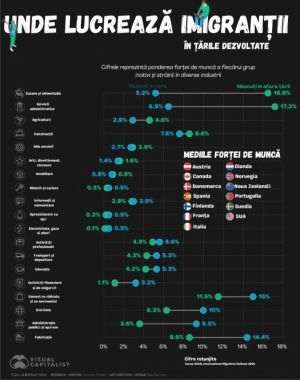Analysts don"t think that the National Bank of Romania will change the monetary policy rate, in today"s meeting of the Board of Directors. Still, should there be any changes in the monetary policy, this would limit inflationary pressures, considers John Lipsky, the interim director of the IMF.
He claims that a quicker change of the monetary policy could be necessary to ensure that inflationary pressures and second round effects remain isolated.
Melania Hăncilă, chief-economist at Volksbank, said that she stands by her estimate that the NBR will keep the policy rate as well as the minimum required reserves unchanged in this session.
As for the recommendations of the IMF concerning the monetary policy, she feels that they are not adequate for the current conjuncture of the Romanian economy, especially when considering the fact that since the beginning of the crisis the authorities did not take the concrete measures needed to stimulate the economic recovery and the monetary policy remained restrictive.
"An eventual tightening of the monetary policy would block the fragile recovery of the economy, and it wouldn"t alleviate inflationary pressures either, which come first and foremost from the rise in managed prices and from the rise of commodity and food prices on a global level, rather than due to aggregate demand or to second round effects", he said.
Melania Hăncilă says that a relaxation of the monetary policy would be more helpful for the economy: "I think that the relaxation of the monetary policy would have beneficial effects on the real economy, in the second quarter, after the dissipation of the basis effect that the hike of the VAT had on inflation, by lowering the policy rate".
The chief-economist of Volksbank also said that another method of stimulating the economy would be to lower the spread between the policy rate and the lending facility. Furthermore, expanding the maturity of the lending facility from one day, where it stands now, to several months, would cause interest rates on loans denominated in lei to fall, he considers.
Florian Libocor, chief-economist at BRD, said that the scenario in which the NBR keeps the policy rate unchanged is the most likely.
"Conditions will probably remain unchanged for the moment", he said.
Analysts of ING Bank share the same opinion, and they claim that the chances of reducing the minimum required reserves for assets denominated in lei and in foreign currencies are low enough, a report of the lender states.
They also note that the meeting of the Board of the NBR may have other points of interest, such as the impact that the issues of Greece and of the Eurozone could have on Romania.
In our last monetary policy session, the Central Bank set the policy rate at 6.25%, lowered the ratio of minimum mandatory reserves for liabilities denominated in foreign currencies from 25% to 20%, and kept the ratio of minimum mandatory reserves denominated in lei at 15%.




























































